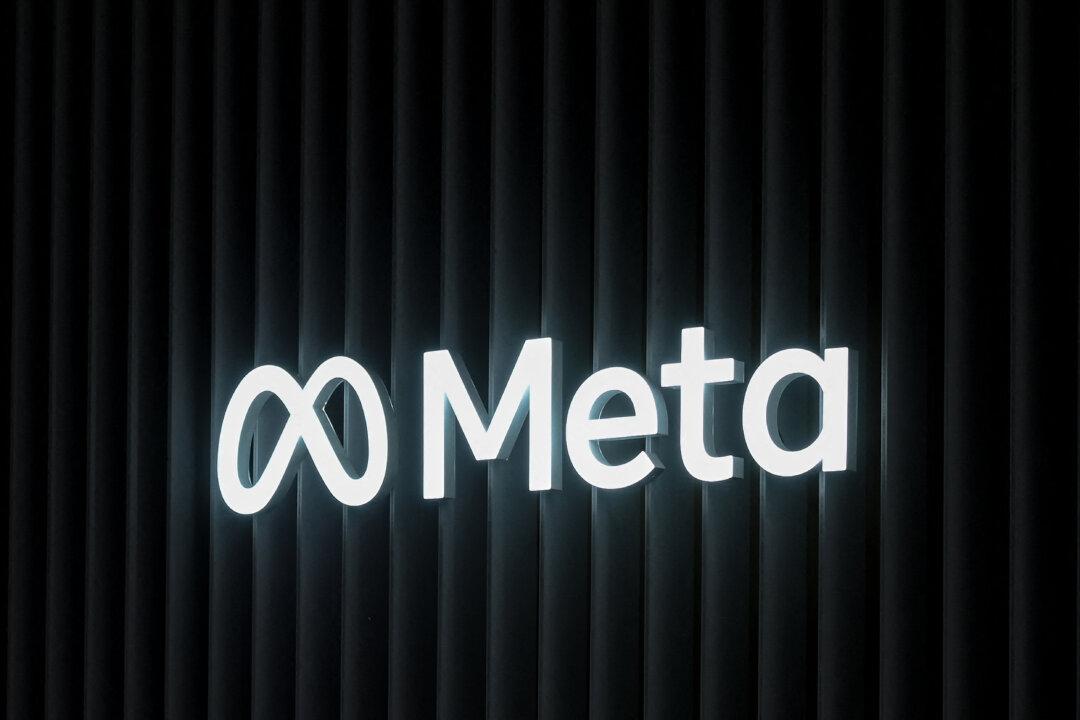News Analysis
The massive layoffs that have rocked the tech sector in recent days have become the subject of widespread speculation in the mainstream media, with some industry and media sources attributing the firings and announced staff cuts to adverse economic factors, such as inflation and interest rate hikes. But the real reasons go much deeper than a momentary economic downturn or “hiccup,” industry experts have told The Epoch Times.





